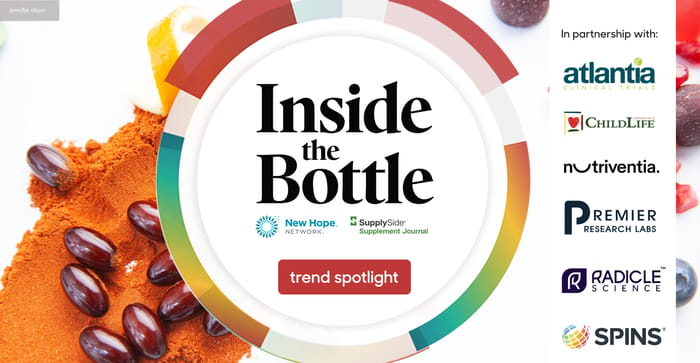
The Romans turned to cabbage and brussels sprouts when their heads pounded post- bacchanal. For 19th century Russians, it was pickles and sauerkraut. Jazz Age partiers looked to tomato juice cocktails after a night defying prohibition.
In short, the search for the elusive hangover cure and escape from the toll of excessive alcohol is as old as, well, alcohol.
With that historical record in mind, it should be no surprise that the hunt goes on and the latest wave of offerings from the brands on the fringe of the supplement industry are merely the latest incarnations of an ancient quest. It’s certainly a worthy goal, one that no small number of us would hope might one day be achieved, but it’s worth questioning how worthy a goal it might be for the supplement industry.
Putting aside very valid questions about the efficacy of the formulations, does curing hangovers really fit in the supplement industry’s value proposition?
In many ways, the supplement industry has long been positioned as an antidote to modern life. Vitamins and minerals make up for what’s lacking in the industrialized diet of processed food and nutrient-poor menus. Ingredients like ashwagandha are sold as solutions for the stress of an unbalanced lifestyle. Cognitive health formulations claim to boost mental sharpness to meet the demands inherent to that lack of balance.

Credit: Canva
All of these products are intended to supplement the diet and thus to encourage healthier outcomes with a nudge toward healthier behaviors. The hangover products, in contrast, are intended to enable very unhealthy behavior.
At the very least, hangover products are positioned more drug-like than a dietary supplement can be according to FDA regulations. Regulators have not been spare with warning letters for “hangover” claims, which smarter brands are careful not to mention because alcohol poisoning is very much a medical condition. In a press release announcing a raft of such warning letters, the FDA declared, “Consumers may get the false impression that using these products can prevent or mitigate health problems caused by excessive drinking.”
The brands are clearly attempting to fill a need many of us have experienced. The science for the hangover category is highly questionable but the same could get said of many supplement categories. The problem lies in that “antidote to the modern world” proposition.
As the Romans, Russians and Jazz Age hipsters taught us, hangovers are far from a modern world phenomenon. The only real antidotes here are moderation and abstinence, both of which are hard to fit into a pill.
About the Author
You May Also Like






